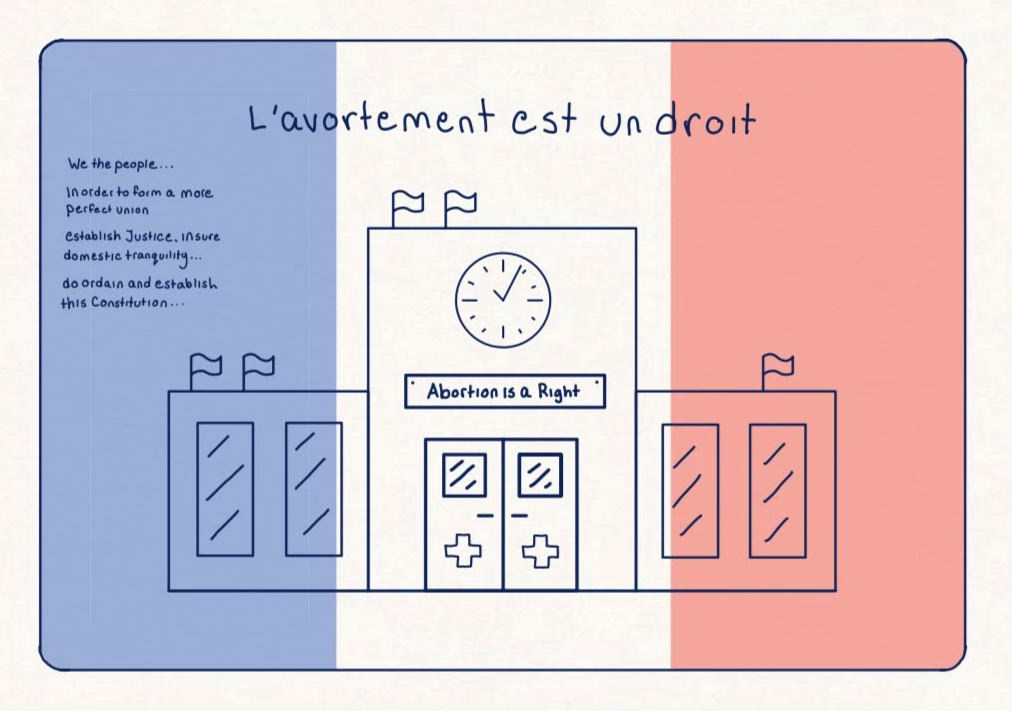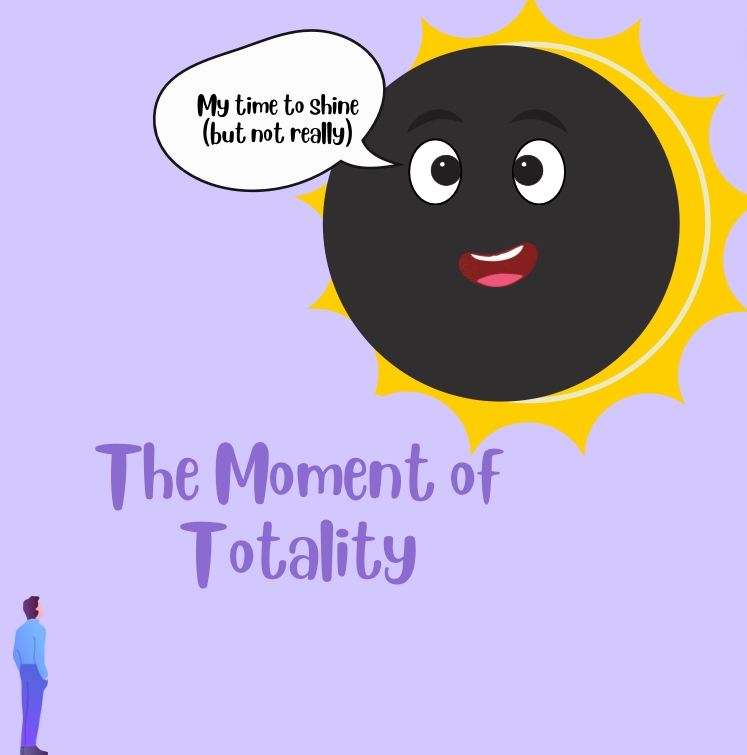The destruction of the Earth quietly unfolds while companies, governments, and places with influences and power have led many to believe they are sustaining a solution, a hidden issue which needs to be brought to light. Within supermarkets, products can be found packaged with recycled plastics, brands producing sustainable lines, and clothing made from natural materials. However, often these actions only contribute to greater environmental damages, contradicting claimed sustainable “efforts”, and profiting companies who commit to them. These companies often view the concept of sustainability as a trend, manipulating and deceiving consumers, while receiving greater and growing profits. Often, businesses participate within the practice of creating false or misleading claims about their brand’s environmental impact, known as the unsustainable and deceiving practice of greenwashing.
Greenwashing was first coined by environmentalist Jay Westerveld as the “deceptive practice where companies use advertising techniques to make consumers believe their products, services, or operations are more environmentally friendly than they actually are.” This ultimately means companies are pretending to contribute to sustainable practices in attempts to avoid backlash, all while making a profit. And this is happening within shopping malls, supermarkets, and other countless places in the world to this day.
Unfortunately, this is a crime most brands commit without punishment. Clothing brands, for example, often market their products as “all-natural”, or “organic” – but what do these vague terms even mean? Frequently, it is unclear as to what makes their items as environmentally friendly as they claim to be. Clothing can only be environmentally friendly if their production process is sustainable in its entirety, not just small or certain aspects. If a shirt is sourced from all-natural materials, but its production involves excessive water use, significant amounts of waste, and high greenhouse gas emissions, how environmentally friendly is it really?
Furthermore, these acts of sustainable deception do not just occur within the fashion industry, as greenwashing is a concept that exists within varieties of companies.
AP Environmental science teacher Mrs. Mittman additionally included some of her knowledge on the matter.
“Companies sometimes use greenwashing tactics to distract and confuse the general populace away from forcing change in environmental sustainability practices,” Mittman said. “They will make people angry about plastic straws but leave people apathetic about large issues like climate change, food waste, energy choices, etc.”
Companies like McDonald’s emphasize eco-friendly packaging while their beef and waste production have substantial environmental costs, and brands like Coca-Cola advertise their goal of achieving 100% recyclable packaging by 2025 – all while making zero progress towards this “goal” whatsoever. These companies are not holding themselves to their own environmental standards, and would rather focus on flashy deceptive eco-friendly designs. This not only purposely deceives individuals who believe they are helping the planet all while masking actual eco-friendly efforts by real sustainable companies, but these companies also ignore their significant environmental harm, caused by their operations.
When environmental efforts are exaggerated to fit societal expectations, attention is then diverted away from real environmental solutions. For instance, promoting a product as “eco-friendly” without addressing its actual carbon footprint allows businesses to continue polluting while consumers feel falsely reassured. Additionally, greenwashing often slows the adoption of genuinely sustainable practices, as companies focus on marketing rather than making meaningful changes to their operations. This deception perpetuates harmful practices like deforestation, excessive resource extraction, and greenhouse gas emissions, all while delaying progress in combating the climate crisis that society faces. Ultimately, greenwashing stalls systemic change, leaving the environment in a worsening state.
However, with education and advocacy, everyday people can use their knowledge to spot greenwashing and speak out against it. The solution? Call for transparency. Companies often use vague phrases like “eco-friendly” or “all-natural” without providing specific details or third-party verification to back their sustainability claims. True third-party certifications, such as Fair Trade or USDA Organic, are issued by independent organizations and can usually be found clearly labeled on the product. Simply seeing a green leaf or earth symbol on packaging doesn’t guarantee sustainability, as brands often add these visuals themselves as part of greenwashing tactics.
If companies desire to be viewed as environmentally friendly, then they must be examined as a whole. A sustainable line of products does not mean much if the business itself is extremely unsustainable within all products elsewhere. If society desires a future with green grasses, clear skies, and active wildlife, then greenwashing must be put to an end. This is not just a moral obligation, but a necessary step toward combating the crisis of climate change and preserving the planet for future generations.
The liberty to know the true environmental cost of everyday products is a right everyone deserves, and with education and collective advocacy, a world free of greenwashing can become a reality.
















